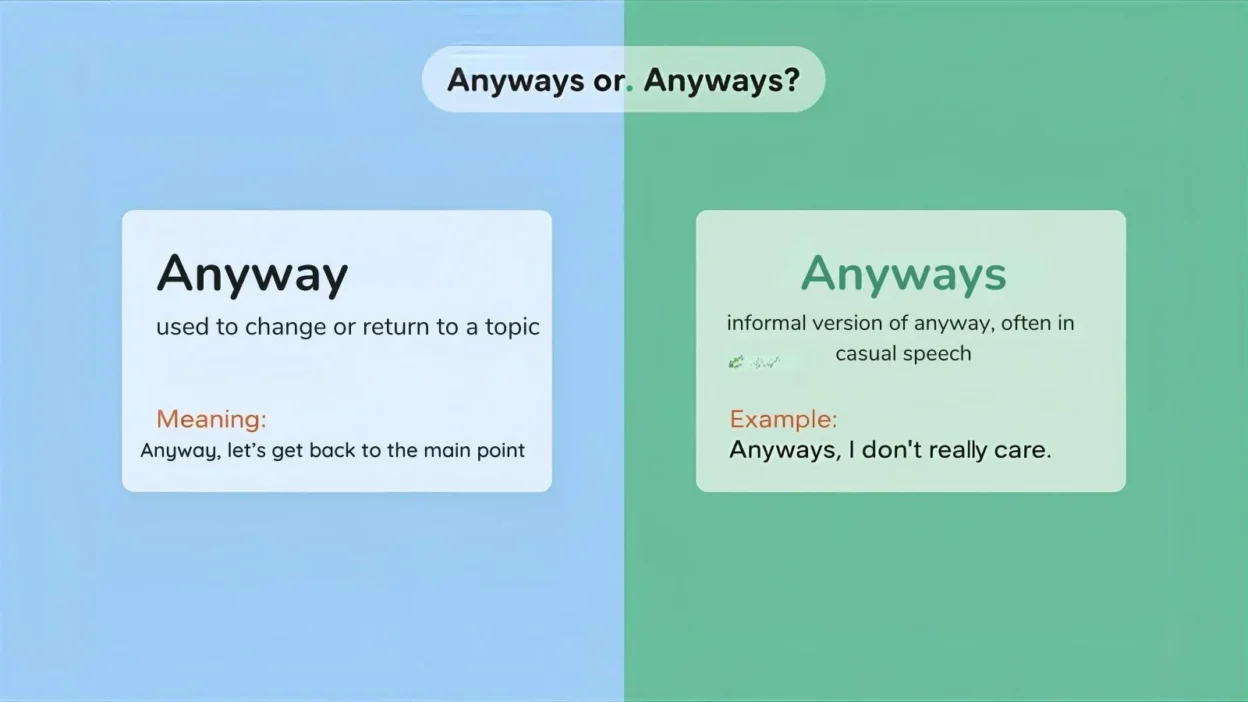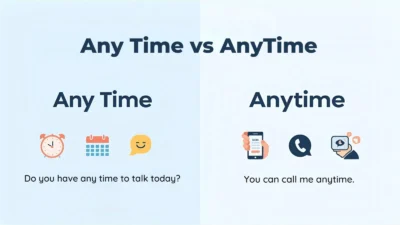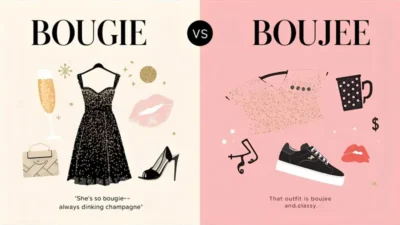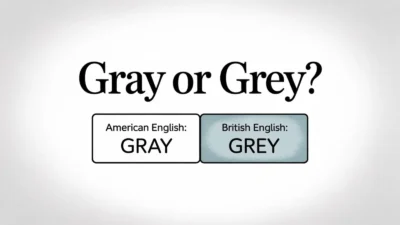Ever been mid-sentence and stopped to wonder if it’s anyway or anyways? You’re not the only one—I’ve been there too.
If you’re a student, blogger, or professional who wants to polish your writing, this guide is written for you. We’ll break down the difference between anyway or anyways in simple terms, with examples that make sense.
By the end, you’ll feel confident knowing exactly which one to use and never second-guess yourself again.
Anyway or Anyways – Quick Answer
The standard and correct form is anyway. It is used in both formal and informal writing.
✅ Example: “I didn’t like the movie, but I watched it anyway.”
Anyways is considered informal, nonstandard, and is mostly used in casual speech or online.
⚠️ Example: “Anyways, let’s get back to the main topic.”
The Origin of Anyway or Anyways
The word anyway dates back to Middle English in the 14th century, combining any + way, meaning “in any manner” or “regardless.” The “-s” form (anyways) also appeared in English centuries ago.
In older English, many adverbs ended with “-s” (like towards and afterwards). Over time, most of these dropped the “-s” in standard usage, but anyways survived in regional and informal speech.
That’s why both exist today: one is the formal descendant (anyway), while the other (anyways) lingers as an informal variant.
British English vs American English Spelling
Both British and American English prefer anyway in writing. However, anyways is more common in American informal speech than in British English.
Comparison Table
| Form | British English | American English | Formal Writing | Informal Speech |
| Anyway | Standard | Standard | ✅ Correct | ✅ Acceptable |
| Anyways | Rare/Informal | Informal, casual | ❌ Avoid | ✅ Common in casual talk |
Which Spelling Should You Use?
- If writing professionally (essays, reports, business emails): Always use anyway.
- If speaking casually with friends (especially in the US): Anyways may sound natural, but it’s informal.
- For international audiences: Stick to anyway, as it is universally understood and accepted.
Common Mistakes with Anyway or Anyways
- ❌ I don’t like it, but I’ll do it anyways.
✅ I don’t like it, but I’ll do it anyway. - ❌ Anyways, the report is finished. (too casual for business)
✅ Anyway, the report is finished. - Confusing anyway with any way (two words).
- Any way means “by any method.”
✅ Example: Is there any way we can fix this?
- Any way means “by any method.”
Anyway or Anyways in Everyday Examples
- Email:
Anyway, thank you for your quick response. (correct, professional) - News Article:
The team struggled, but they won anyway. - Social Media Post:
Anyways, I’m done with this drama 😅 (casual, acceptable online) - Formal Writing:
Anyway, the data supports the hypothesis.
Anyway or Anyways – Google Trends & Usage Data
Google Trends shows that anyway is far more popular than anyways worldwide.
- United States: Anyways appears more often in casual search queries and social media.
- United Kingdom, Canada, Australia: Anyway dominates both written and spoken usage.
- Global English: Anyway is the safe, standard choice.
FAQs
1. Is “anyways” grammatically correct?
Not in formal writing. It’s considered informal or nonstandard.
2. Can I use “anyways” in professional emails?
No. Use anyway for professionalism.
3. Why do people say “anyways”?
It survives from older English patterns and is popular in casual American speech.
4. What is the difference between “anyway” and “any way”?
Anyway = regardless.
Any way = by any method.
5. Is “anyways” rude?
Not rude, but it sounds less formal and polished.
6. Which version is used in the UK?
Anyway almost always. Anyways is rare.
7. Which version is correct in American English?
Anyway is correct, anyways is casual slang.
Conclusion
So, when it comes to anyway vs anyways, the choice is simple: use anyway in all formal, professional, and global writing.
It is the standard, widely accepted version across English-speaking countries. Anyways is not wrong in casual speech, but it is nonstandard and should be avoided in serious contexts.
Think of it this way: if you want to sound polished and professional, always choose anyway. If you’re chatting with friends, anyways might slip in naturally—but remember, it carries an informal tone.
In short, mastering this small detail will make your writing clearer, more professional, and globally understood.

Hi, I’m Jason Carter, the author behind GrammarNestly.com.
I’m a grammar expert with a passion for helping readers understand the English language in a simple and practical way.
I love breaking down confusing grammar rules and turning them into easy, everyday lessons that anyone can follow.



